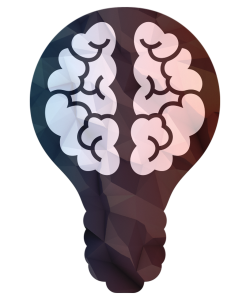 John Sweller, one of the most influential learning science researchers, offers a new insight from his latest line of research : the human brain may need regular breaks when learning to help it refresh its “working memory” capacity.
John Sweller, one of the most influential learning science researchers, offers a new insight from his latest line of research : the human brain may need regular breaks when learning to help it refresh its “working memory” capacity.
Sweller is one of the most influential learning science researchers, best known for his “cognitive load theory,” which suggests that educators should present information without extraneous details. Otherwise, the brains of students can literally overload with what amounts to intellectual clutter.
At the heart of both lines of research is that the human brain has a pretty limited ability to hold thoughts in working memory. “The capacity is really just a few items of information—that’s all we can deal with at any given time,” Sweller said this week in an interview with EdSurge from his home in Australia, where he is a professor emeritus at the University of New South Wales at Sydney. “We can’t hold information for more than about 20 seconds without repeating it to ourselves,” he added. Just try remembering a new phone number while doing some other task to see for yourself.
“If a student is having trouble understanding something, what we mean is that their working memory is overwhelmed,” Sweller said.
That’s not to say that brains are not awe-inspiring computing machines. The secret is to match that limited working memory with the vast storage space in long-term memory, which he says has no known limit.
“In order to preserve the contents [in] long-term memory, only very limited amounts of novel information can be processed at any given time,” he and his colleagues wrote in a recent research paper.
“It’s beginning to look like with working memory, if you’ve been concentrating on something for a long period of time without a rest, you would have some difficulty keeping on going,” he said. In other words, after a long period of focused learning, “your poor working memory becomes worse.”
It looks like working memory does recover quickly once someone takes a break from a mentally challenging task. Specifically, Sweller suggests working for 20 or 30 minutes and then taking about a five minute break to refresh. He stresses that so far this hypothesis is a theory backed by a few small studies, and that more research is needed.
Excerpted from “Want to Learn More Effectively? Take More Breaks, Research Suggests” in EdSurge. Read the full article.